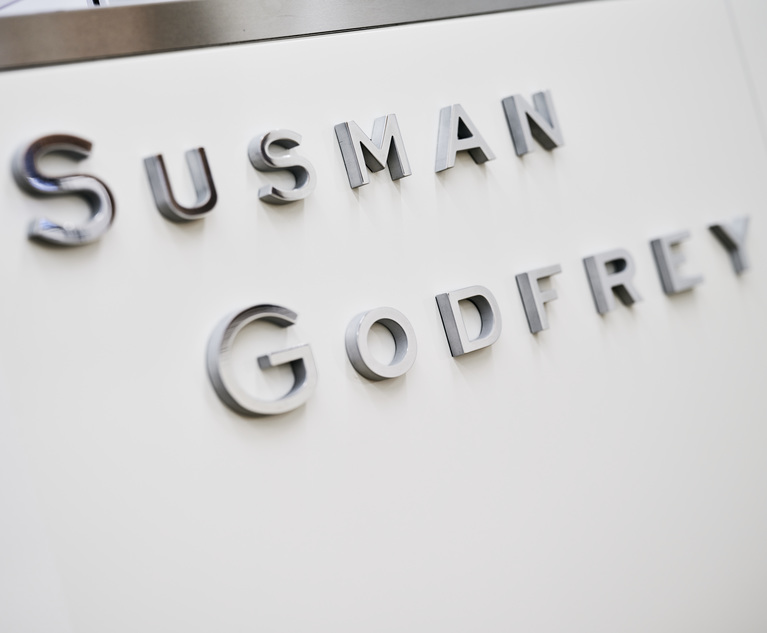Using controverting affidavits effectively and efficiently remains a constant battle in Texas personal injury cases. The controversy over controverting affidavits was born in 2003 when Section 41.0105 of the Texas Civil Practice & Remedies Code was enacted as part of “tort reform” legislation seeking to limit medical expenses a plaintiff can recover to only those that are “actually paid or incurred.”
The Texas Supreme Court’s decision in Haygood v. De Escabedo held that Section 41.0105 of the Texas Civil Practice and Remedies Code “limits a claimant’s recovery of medical expenses to those which have been or must be paid by or for the claimant.” Haygood v. De Escabedo, 356 S.W.3d 390, 391 (Tex. 2011). Seven years later, lawyers are still struggling to find methods to present and challenge medical expenses in personal injury litigation.
This content has been archived. It is available through our partners, LexisNexis® and Bloomberg Law.
To view this content, please continue to their sites.
Not a Lexis Subscriber?
Subscribe Now
Not a Bloomberg Law Subscriber?
Subscribe Now
LexisNexis® and Bloomberg Law are third party online distributors of the broad collection of current and archived versions of ALM's legal news publications. LexisNexis® and Bloomberg Law customers are able to access and use ALM's content, including content from the National Law Journal, The American Lawyer, Legaltech News, The New York Law Journal, and Corporate Counsel, as well as other sources of legal information.
For questions call 1-877-256-2472 or contact us at [email protected]







